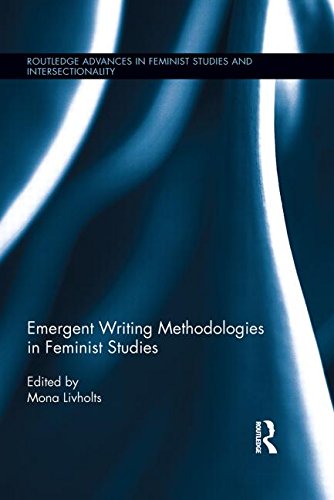

Most ebook files are in PDF format, so you can easily read them using various software such as Foxit Reader or directly on the Google Chrome browser.
Some ebook files are released by publishers in other formats such as .awz, .mobi, .epub, .fb2, etc. You may need to install specific software to read these formats on mobile/PC, such as Calibre.
Please read the tutorial at this link: https://ebookbell.com/faq
We offer FREE conversion to the popular formats you request; however, this may take some time. Therefore, right after payment, please email us, and we will try to provide the service as quickly as possible.
For some exceptional file formats or broken links (if any), please refrain from opening any disputes. Instead, email us first, and we will try to assist within a maximum of 6 hours.
EbookBell Team

5.0
78 reviewsContemporary challenges for seeking new knowledge in feminist studies are intimately intertwined with methodological renewal that promotes justice and equality in changing global contexts. Written by some of the leading scholars in their fields, this edited collection focuses on the emergence of writing methodologies in feminist studies and their implications for the study of power and change.
The book explores some of the central politics, ideas, and dimensions of power that shape and condition knowledge, at the same time as it elaborates critical, embodied, reflective and situated writing practices. By bringing together a variety of multi/transdisciplinary contributions in a single collection, the anthology offers a timely and intellectually stimulating contribution that deals with how new forms of writing research can contribute to promote fruitful analysis of inequality and power relations related to gender, racialisation, ethnicity, class and heteronormativity and their intersections. It also includes the complex relationship between author, text and audiences.
The intended audience is postgraduates, researchers and academics within feminist and intersectionality studies across disciplines in the humanities and social sciences. The book is excellent as literature in feminist studies courses and helpful guidance for teaching writing sessions and workshops.